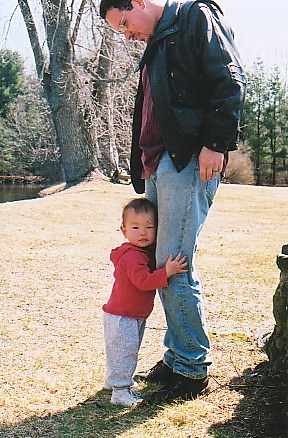🦋 How to Read Novels
by Juan Gabriel Vásquez
El espectador
December 8, 2011
Although I’ve been doing it non-stop for thirty years, in spite of living my life surrounded by other people who are always doing it, I still think there are few activities so intriguing as the reading of novels.
I keep wondering why we do it: why would an adult devote his time, his mental energies, his moral intelligence to reading about things that never happened to people who never existed; how could this activity be so important, so vital, that this person would voluntarily withdraw from real life to carry it out. I've come across a few answers over the years, some of them in conversations with other addicted readers, but mostly in books here and there along the way. And indeed, the most recent of these books is truly marvelous: The Naïve and Sentimental Novelist consists of six essays in which Orhan Pamuk seeks to answer one crucial question: What happens to us when we read (and write) novels? This book is the most illuminating, most stimulating, most abundant examination of this difficult topic that I've read in years. I can do no less than to offer this urgent call to readers.
"I have learned by experience that there are many ways to read a novel," says Pamuk. "We read sometimes logically, sometimes with our eyes, sometimes with our imagination, sometimes with a small part of our mind, sometimes the way we want to, sometimes the way the book wants us to, and sometimes with every fiber of our being." In other words: there are no two identical readers of the same novel; not even two identical readings. And this fact, which seems so obvious, is what can explain the effects, the intimate, unpredictable effects the novel can have on us. What are these effects? Pamuk says we read the way we drive a car, pressing the pedals and shifting gears while watching the signals and traffic and the landscape around us: our intellect moves in a thousand and one directions in every instant. With part of our mind we do the simplest thing: follow the story. But readers of "serious" novels are doing something more: are looking constantly for the secret center of the novel, for that revelation the novel seeks to bring to light, which cannot be summarized, which can only be expressed just as the novel expresses it. Sábato was once asked what he meant to say in On Heroes and Tombs. Sábato replied, "If I could have said it any other way, I would never have written the book."
To read a novel is to leave behind a Cartesian understanding of the world. We know these things never happened, but we believe in them as if they had happened; we know they are the product of someone else's imagination, but we live through them as if they were a part of our own experience. "Our ability to believe simultaneously in contradictory states," according to Pamuk, is an essential characteristic of the reader of novels; another one is the urge to understand, not to judge, the characters. "At the heart of the novelist's craft lies an optimism," says Pamuk, "which thinks that the knowledge we gather from our everyday experience, if given proper form, can become valuable knowledge about reality." As readers, we share in this belief: that a good novel is a means of bringing a little bit of order to the chaos which reigns around us, of beginning to understand it. And that’s no small thing.
 Vásquez (who I think is my favorite new author that I found out about this year) writes a weekly column for Bogotá-based newspaper El espectador. Many thanks to Mr. Vásquez for allowing me to post this translation here, and especially to Anne McLean for helping me to contact him and for passing an editorial eye over my effort. It reads much more smoothly with her suggestions incorporated.
posted evening of Thursday, December 15th, 2011
➳ More posts about Juan Gabriel Vásquez
➳ More posts about Readings
➳ More posts about Translation
➳ More posts about Writing Projects
➳ More posts about Projects
➳ More posts about Orhan Pamuk

Thanks for dropping by, if you've seen this post linked from 3% or from Facebook you might be interested in reading more of JGV's columns -- I am translating them on an occasional basis for The Utopian. The first one is here, and I will link subsequent columns from the blog.
posted morning of February 23rd, 2012 by Jeremy
|

